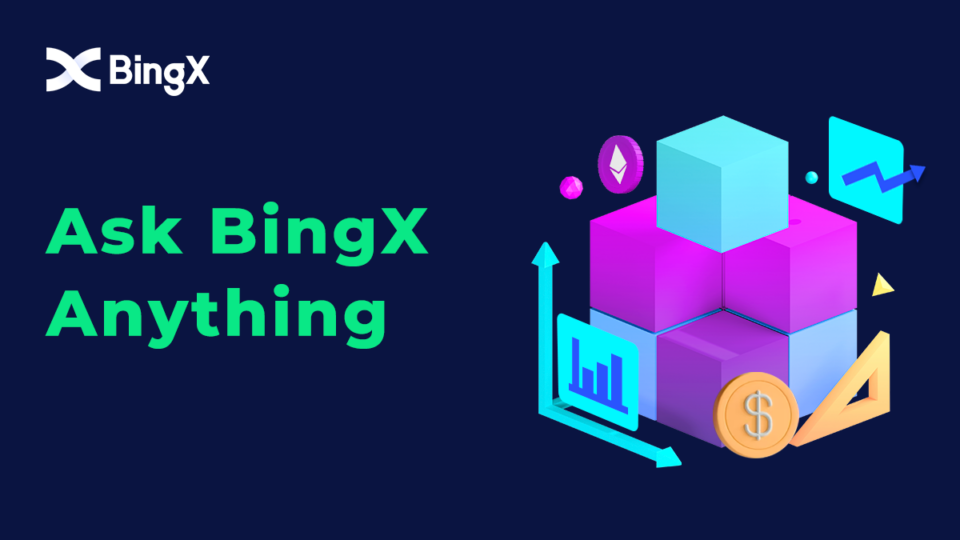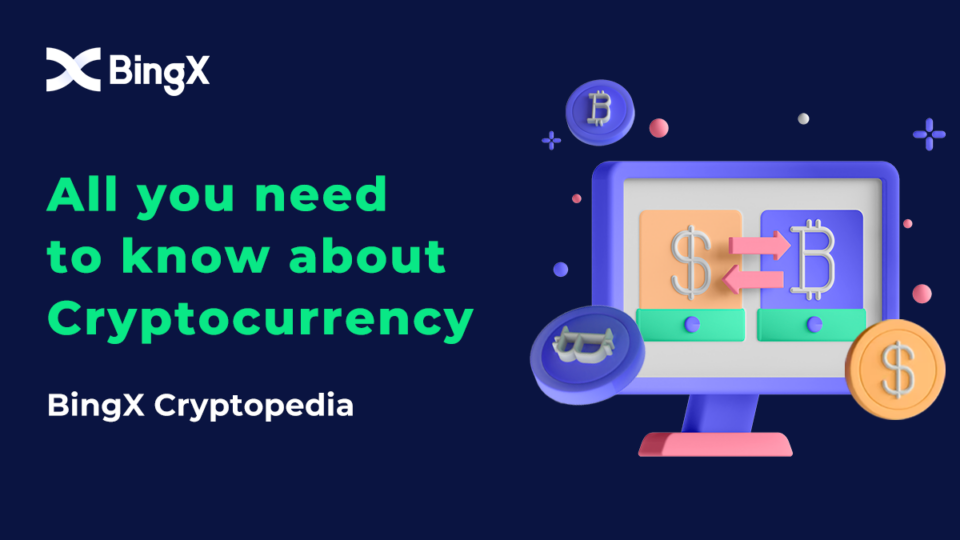
What is Market Cap and how it helps us understand about the Crypto we are investing?
March 22, 2023
What are Margin Trading in Crypto?
March 23, 2023Does Crypto Market Closes?

Cryptocurrency markets have become increasingly popular in recent years, providing investors and traders with new opportunities for wealth generation. One unique characteristic of these markets is that they operate 24/7, unlike traditional financial markets. In this article, we will explore the reasons why crypto markets don’t close and the implications of this continuous trading environment.
Traditional Financial Markets vs. Crypto Markets
Traditional financial markets, such as stock exchanges and commodity markets, typically operate during specific business hours and close during weekends and holidays. This is because they are centrally regulated and require human intervention for trading activities. On the other hand, crypto markets are decentralized and primarily driven by automated systems, enabling continuous trading without the need for a centralized authority.
Decentralization in Crypto Markets
Cryptocurrencies are based on blockchain technology, a decentralized system that allows for peer-to-peer transactions without intermediaries. This decentralization eliminates the need for central authorities like banks and financial institutions, enabling a borderless, open market that operates around the clock.
Why Crypto Markets Don’t Close
24/7 Trading
One of the primary reasons crypto markets don’t close is that they facilitate 24/7 trading. Since cryptocurrencies are digital assets that exist on decentralized networks, they can be traded at any time, from anywhere in the world. This continuous trading environment provides traders and investors with increased flexibility and opportunities to capitalize on market movements.
Global Accessibility
Crypto markets are accessible to anyone with an internet connection, making them truly global. As a result, trading activity occurs across different time zones, ensuring that the markets never close. This global reach allows for a more inclusive and diverse trading community, attracting participants from various backgrounds and locations.
No Centralized Authority
Unlike traditional financial markets, which are regulated and overseen by centralized authorities, crypto markets operate without a central governing body. This means that there are no restrictions on trading hours or market closures, allowing for uninterrupted trading activity.
Impact on Market Volatility
The absence of a centralized authority and continuous trading can contribute to increased market volatility in the crypto space. Without set trading hours or circuit breakers, the market is more susceptible to rapid price fluctuations and potential manipulation. This increased volatility can create both risks and opportunities for traders and investors.
Advantages of Crypto Markets Being Open 24/7
Flexible Trading Hours
The 24/7 nature of crypto markets allows traders and investors to participate in the market at their convenience. This flexibility can be particularly beneficial for those with busy schedules or who prefer to trade during non-traditional hours.
Faster Transactions
Since crypto markets operate continuously, transactions can be completed faster compared to traditional financial markets. This can be advantageous for traders who wish to take advantage of short-term market movements or investors who need to execute time-sensitive transactions.
Real-Time Market Data
The constant operation of crypto markets provides traders and investors with real-time market data, enabling them to make more informed decisions. This continuous flow of information can be useful for identifying trends, monitoring price movements, and adjusting trading strategies accordingly.
Challenges of Crypto Markets Being Open 24/7
Increased Volatility
As mentioned earlier, the 24/7 nature of crypto markets can contribute to increased volatility. This heightened market activity can make it challenging for traders and investors to manage risk and navigate rapid price fluctuations.
Difficult to Monitor
The non-stop operation of crypto markets can make it difficult for traders and investors to monitor the market continuously. Keeping up with market movements and managing positions can be time-consuming and mentally exhausting in a 24/7 trading environment.
Potential for Market Manipulation
The lack of a centralized authority and constant trading can make crypto markets more susceptible to market manipulation. Bad actors may attempt to exploit the market’s continuous operation to influence prices, creating potential risks for unsuspecting traders and investors.
How to Navigate a 24/7 Crypto Market
Developing a Trading Strategy
To succeed in a 24/7 crypto market, it’s essential to develop a well-defined trading strategy that aligns with your financial goals and risk tolerance. This strategy should include clear entry and exit points, position sizing, and risk management techniques.
Utilizing Trading Tools and Automation
Leveraging trading tools and automation can help you navigate the 24/7 nature of crypto markets more efficiently. Platforms and tools like trading bots, alerts, and technical analysis software can assist in monitoring the market and managing your positions without the need for constant attention.
Managing Risk and Emotions
In a continuous trading environment, managing risk and emotions becomes crucial. Implementing sound risk management techniques and maintaining emotional discipline can help protect your capital and ensure long-term success in the crypto market.
Can I trade cryptocurrencies on weekends and holidays?
Yes, you can trade cryptocurrencies on weekends and holidays since the crypto market operates 24/7 without any interruptions.
Are all cryptocurrencies traded 24/7?
Most cryptocurrencies, including major ones like Bitcoin and Ethereum, can be traded 24/7. However, trading activity and liquidity may vary depending on the specific cryptocurrency and the exchange being used.
Is it necessary to monitor the crypto market continuously?
While it’s not necessary to monitor the market constantly, staying informed about market trends and developments is essential. Utilizing trading tools and automation can help you manage your positions without the need for constant attention.
How can I manage my risk in a 24/7 crypto market?
Managing risk in a 24/7 crypto market involves implementing sound risk management techniques such as setting stop-loss orders, diversifying your portfolio, and using proper position sizing. Additionally, staying informed about market trends and developments can help you make better decisions and manage risk more effectively.
How can I maintain a work-life balance while trading in a 24/7 crypto market?
Maintaining a work-life balance while trading in a 24/7 crypto market can be achieved by setting a specific trading schedule, utilizing trading tools and automation to manage positions, and establishing boundaries between your trading activities and personal life. It’s also essential to prioritize self-care and allocate time for rest and relaxation to prevent burnout.



